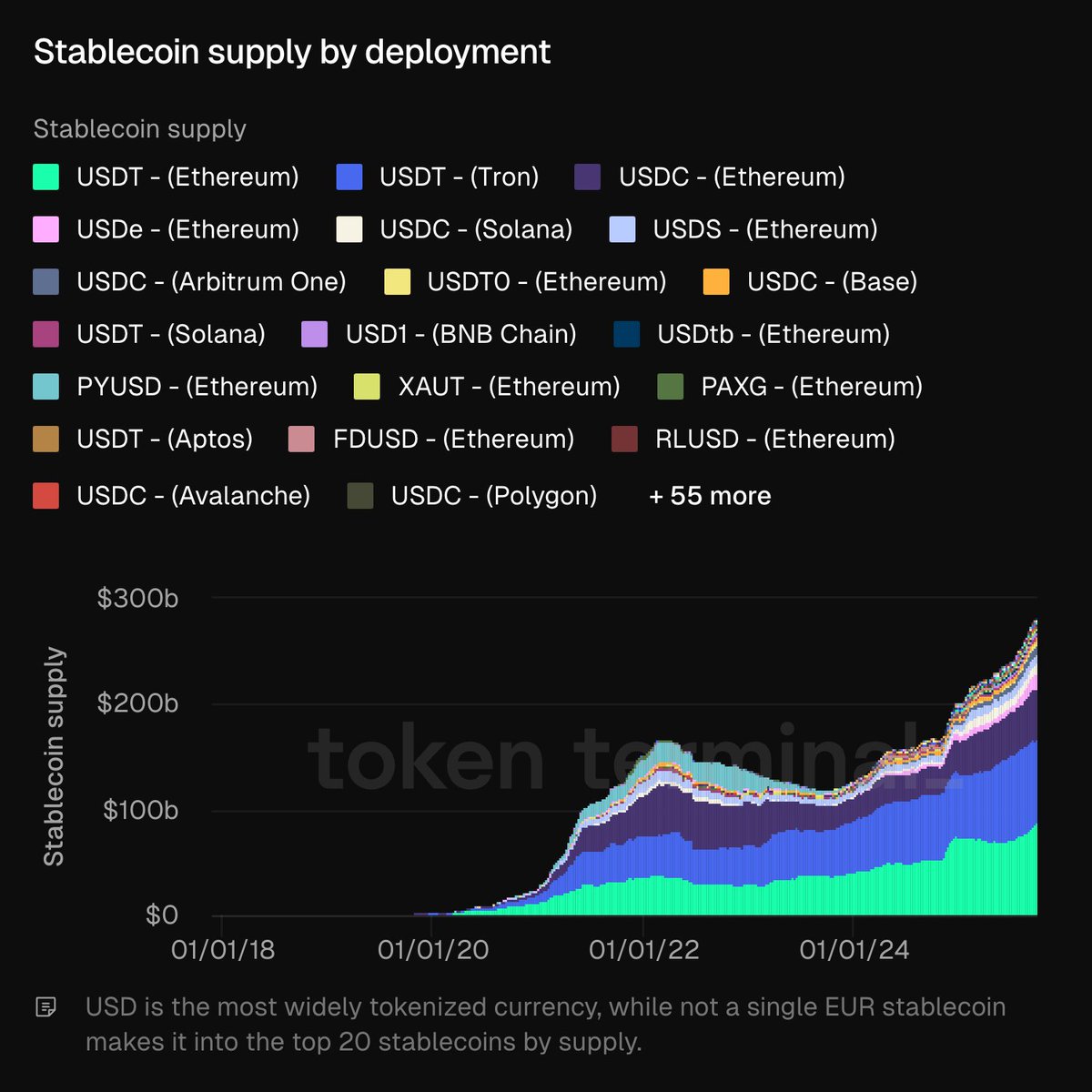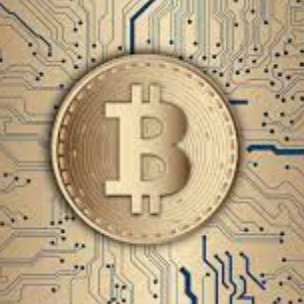PayPal USD-pris
i EUR

Om PayPal USD

Ansvarsfraskrivelse
OKX gir ikke anbefalinger om investering eller aktiva. Du bør vurdere nøye om trading eller holding av digitale aktiva er egnet for deg i lys av din økonomiske situasjon. Rådfør deg med din juridiske / skatte- / investeringsprofesjonelle for spørsmål om dine spesifikke omstendigheter. For ytterligere detaljer, se våre vilkår for bruk og risikoadvarsel. Ved å bruke tredjepartsnettstedet («TPN») godtar du at all bruk av TPN vil være underlagt og styrt av vilkårene på TPN. Med mindre det er uttrykkelig angitt skriftlig, er OKX og dets partnere («OKX») ikke på noen måte knyttet til eieren eller operatøren av TPN. Du godtar at OKX ikke er ansvarlige for tap, skade eller andre konsekvenser som oppstår fra din bruk av TPN. Vær oppmerksom på at bruk av TNS kan føre til tap eller reduksjon av eiendelene dine. Produktet er kanskje ikke tilgjengelig i alle jurisdiksjoner.
Prisutviklingen til PayPal USD
PayPal USD på sosiale medier
Veiledninger

Lag en gratis OKX-konto.
Sett inn penger på kontoen din.
Velg kryptoen din.
PayPal USD Vanlige spørsmål
Utforsk PayPal USD
Hvorfor investere i PayPal USD (PYUSD?
Som en desentralisert valuta uten myndigheters eller finansinstitusjoners kontroll er PayPal USD absolutt et alternativ til tradisjonell fiat-valuta. Men investering, trading eller kjøp av PayPal USD innebærer kompleksitet og volatilitet. Grundige undersøkelser og risikobevissthet er viktig før du investerer. Finn ut mer om priser og informasjon om PayPal USD (PYUSD) her på OKX i dag.
Hvordan kjøper og oppbevarer man PYUSD?
For å kjøpe og oppbevare PYUSD kan du bruke en kryptovalutabørs, eller du kan gjøre det på en peer-to-peer-markedsplass. Etter at du har kjøpt PYUSD, er det viktig å oppbevare den sikkert i en kryptolommebok, som finnes i to former: hot wallets (programvarebasert, lagret på de fysiske enhetene dine) og cold wallets (maskinvarebasert, lagret utenfor internett).
ESG-erklæring






